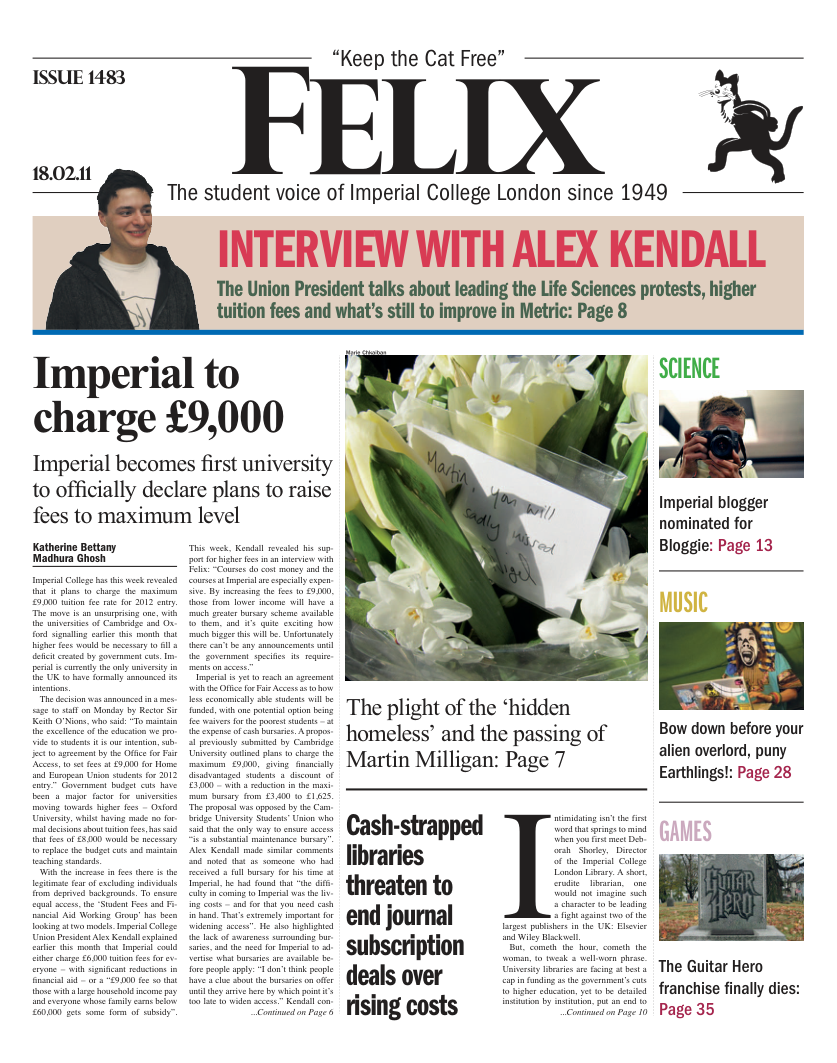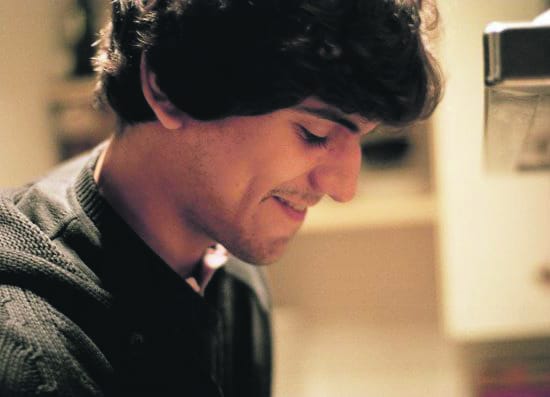Give viewers a sporting chance
I can only hope the Olympic organisers actually get people into the venue
Picture the scene: the Olympic Stadium, East London, less than a year and a half from now, on a balmy August evening. There is little wind; the heat is slowly rising from the track. The atmosphere is heavy, but that has little to do with the weather. The entire world’s gaze is fixed upon the ten men at one end of the track. Never before has one event monopolised the attention of so many people. Cameras are everywhere, and for the first time, people are watching in 3D.
The Olympics website is riding a humongous wave of tweets, as people voice their support for the athletes. Selected 140–character cheers are beamed across screens in the stadium. The organisers have pulled off the first Olympics 2.0, they say; the public is closer than ever to the action. Or are they?
While the London games next year will no doubt be a logistical and technological masterclass, I can only hope that the organisers achieve one of the most important aspects: getting the people into the venues.
There are 8.8 million tickets going on sale in less than a month, for 645 events in 26 different sports. So far, so good, you might think. However, almost ten percent of the tickets will cost over £100, which makes the London games the most expensive in history. Here’s to the corporate fat cats in their boxes, then. Never mind, that leaves seven–odd million tickets for the rest of us, no?
I’m afraid you’re going to have to start saving up, though. With the new tuition fees, (big up to Imperial for always being a pioneer, by the way – we set the bar in fees as well as academic standards) spending fifty quid on an Olympics ticket isn’t going to be part of most students’ summer plans in 2012. Incidentally, despite all the proclaimed efforts at price reduction and special schemes for various parts of the population, as students we’re going to have to cough up in full to get into any venues. And most finals or medal ceremonies start at, you guessed it, £50.
It’s not all bad news, though. The ballot system put in place by Lord Coe means that obtaining a ticket will not depend on your internet speed or willingness to queue (and it’s all about fair play in the first place, isn’t it?)
As I mentioned before, there are twenty-six sports being played at the next Olympics. While the big draws such as athletics and cycling will be difficult to get a seat for (not to mention pricey), the other 23 disciplines are no less exciting. The athletes are just as passionate, and in many cases have a tougher time of getting to the Games. However, due to lower public interest seats will be cheaper and easier to acquire – suddenly, watching canoeing or shooting becomes a no–brainer.
As a fencer I feel very strongly about this; many sports only come into the spotlight every four years despite the fact that they could appeal to a much wider audience. This is where university (especially Imperial) comes in handy. Considering the absolute mountain of clubs and societies we have, I’m sure you could find one for any Olympic sport (and if not, look into it and start one yourself!). Try something you’d only ever seen on TV one summer. I’m sure you’ll enjoy it – and you’ll be able to appreciate it being played at the highest level next year.
I’m incredibly excited about the Olympics coming to London, and sports fan or no, I think you should be too. For two weeks, our city is going to be the centre of the world, and we get to witness some of the greatest feats of human achievement ever seen. Success stories, bitter heartbreak; it’s going to be an immense spectacle from start to finish.
For my part, I’m going to go to as much fencing as I can. Tickets start at twenty quid – why don’t you come along?








